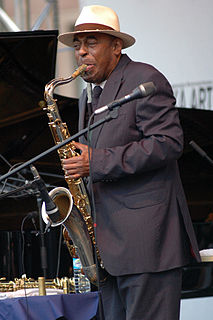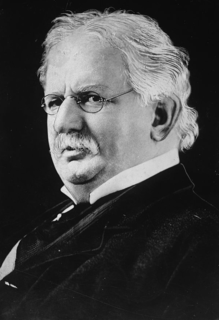A Quote by Seamus Heaney
The aim of poetry and the poet is finally to be of service, to ply the effort of the individual into the larger work of the community as a whole.
Related Quotes
Sometimes we feel that one individual's action is very insignificant. Then we think, of course, that effects should come from channeling or from a unifying movement. But the movement of the society, community or group of people means joining individuals. Society means a collection of individuals, so that initiative must come from individuals. Unless each individual develops a sense of responsibility, the whole community cannot move. So therefore, it is very essential that we should not feel that individual effort is meaningless- you should not feel that way. We should make an effort.
The achievements of an organization are the results of the combined effort of each individual.
People who work together will win, whether it be against complex football defenses, or the problems of modern society.
Individual commitment to a group effort - that is what makes a team work, a company work, a society work, a civilization work.
Every poet gets to choose what kind of community he or she serves with the poems, and it's true that there is a community for very difficult, challenging poetry. It's a community that's established itself over the last 80 years, that was originally, in effect, really started by T. S. Eliot and Ezra Pound. They believed that poetry ought to contain learning, that it ought to rise upon all the learning that went before.
Another trouble with poetry - and I'm gonna stop the list at two - is the presence of presumptuousness in poetry, the sense you get in a poem that the poet takes for granted an interest on the reader's part in the poet's autobiographical life, in the poet's memories, problems, difficulties and even minor perceptions.
For the protection of the community, of individual life and health, there are some necessities that should be provided for all at the expense of all, such as roads, pure water, and sanitary systems for concentrated population, and reasonably comprehensive mail service. The determination between services that should be operated by the government and those which should be left to private enterprise under proper control should be governed by the degree of necessity to the community as a whole.
A trouble with poetry is the presence of presumptuousness in poetry, the sense you get in a poem that the poet takes for granted an interest on the reader's part in the poet's autobiographical life, in the poet's memories, problems, difficulties and even minor perceptions. I try to presume that no one is interested in me. And I think experience bears that out. No one's interested in the experiences of a stranger - let's put it that way. And then you have difficulty combined with presumptuousness, which is the most dire trouble with poetry.
Loneliness is necessary for pure poetry. When someone intrudes into the poet's life (and any sudden personal contact, whether in the bed or in the heart, is an intrusion) the poet loses his or her balance for a moment, slips into being what he or she is, uses his or her poetry as one would use money or sympathy. The person who writes the poetry emerges, tentatively, like a hermit crab from a conch shell. The poet, for that instant, ceases to be a dead person.






































